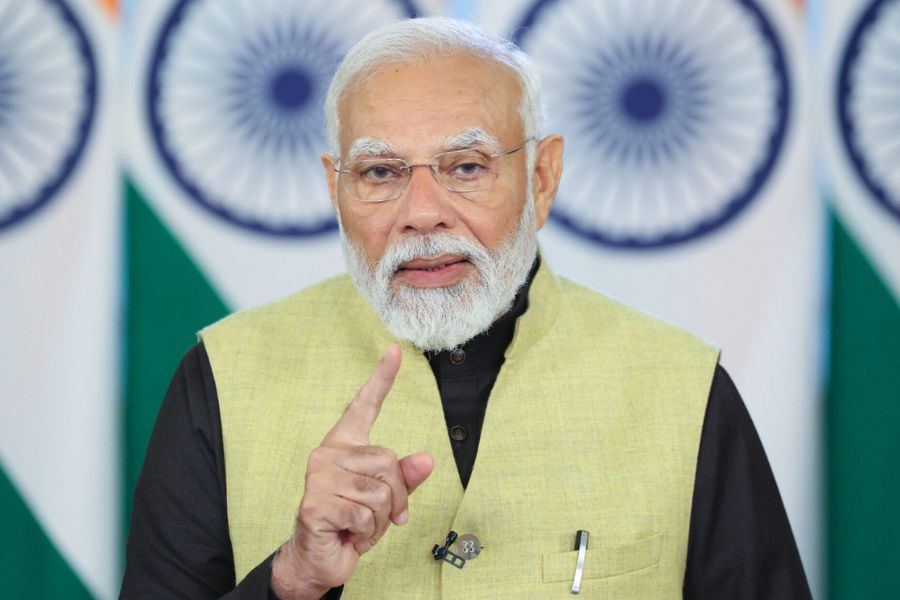Bhaskar Mukherjee has conceived of and directed Fele Asha Megahertz (produced by Thakurnagar Pratidhhwani) with complete assurance, keeping every component — textual, visual, auditory and performative — of the play firmly under his control. Directors wresting dominance away from actors is an interesting phenomenon unfolding in the Calcutta theatre scene these days, transforming the general look and feel of productions.
The forte of Fele Asha Megahertz lies in its ability to convey, unerringly and almost palpably, the rhythm and texture of mofussil life in Bengal, roughly from the last quarter of the previous century. Divisive politics that threatens to sunder the social fabric of small-town life, the demon of brutish domestic violence, sexual awakening of teenagers through forbidden encounters, all these aspects combine to locate the action against a superbly well-defined space and time — a rare feat in theatre. At the centre of the narrative is a radio — a marker of the times through the songs it plays and the news it broadcasts. However, the radio also has a peculiar bond with the protagonist, who ends up being a social misfit — now consigned to a mental asylum — because he can only emote with cues from the radio.
Having watched a play designed for the proscenium stage within the small confines of Tripti Mitra Sabhagriha, the profusion of props and set elements, though creatively used, was a tad overwhelming. Even on the proscenium stage, the plenitude of objects, coupled with Mukherjee’s tendency to sporadically slide into over-telling, may result in hurling too much stimuli at the audience.
If plays can give birth to actors, Fele Asha Megahertz has birthed Raju Dhar. A known face in Bengali theatre for some time, acting when free from shouldering other off-stage responsibilities, Dhar has thrown all he has into the protagonist’s role. Dhar’s sterling performance is all the more remarkable as it feeds on his innate vulnerability, an unlikely quality that only a few actors can imbibe.











